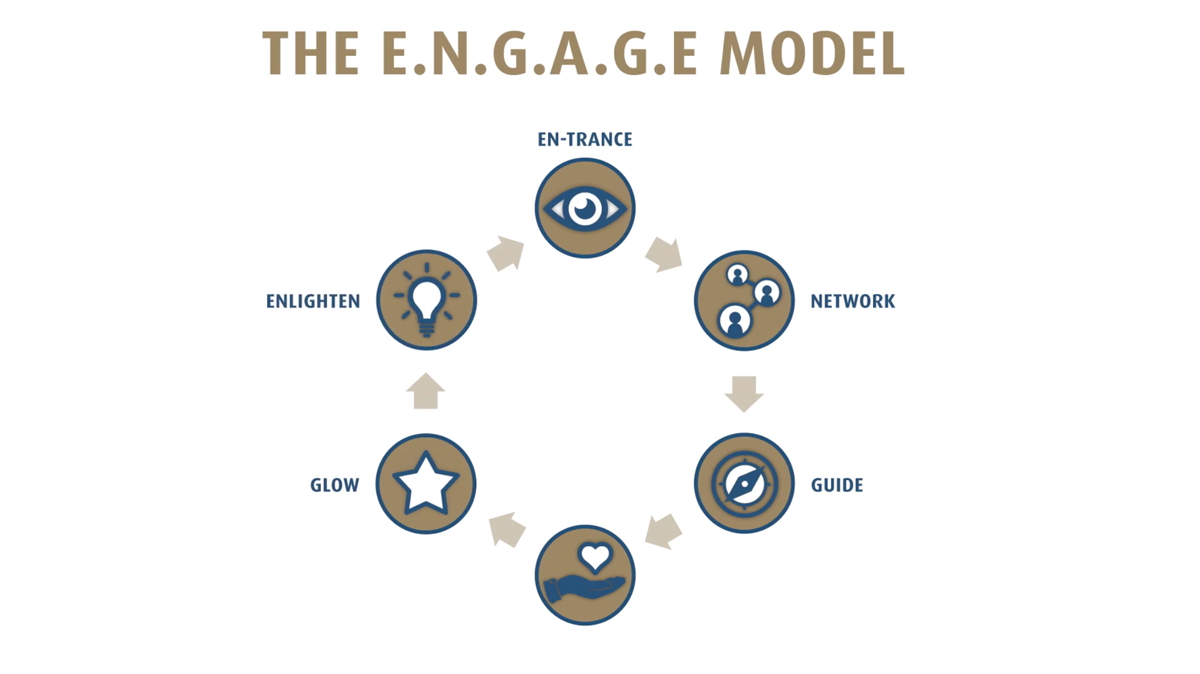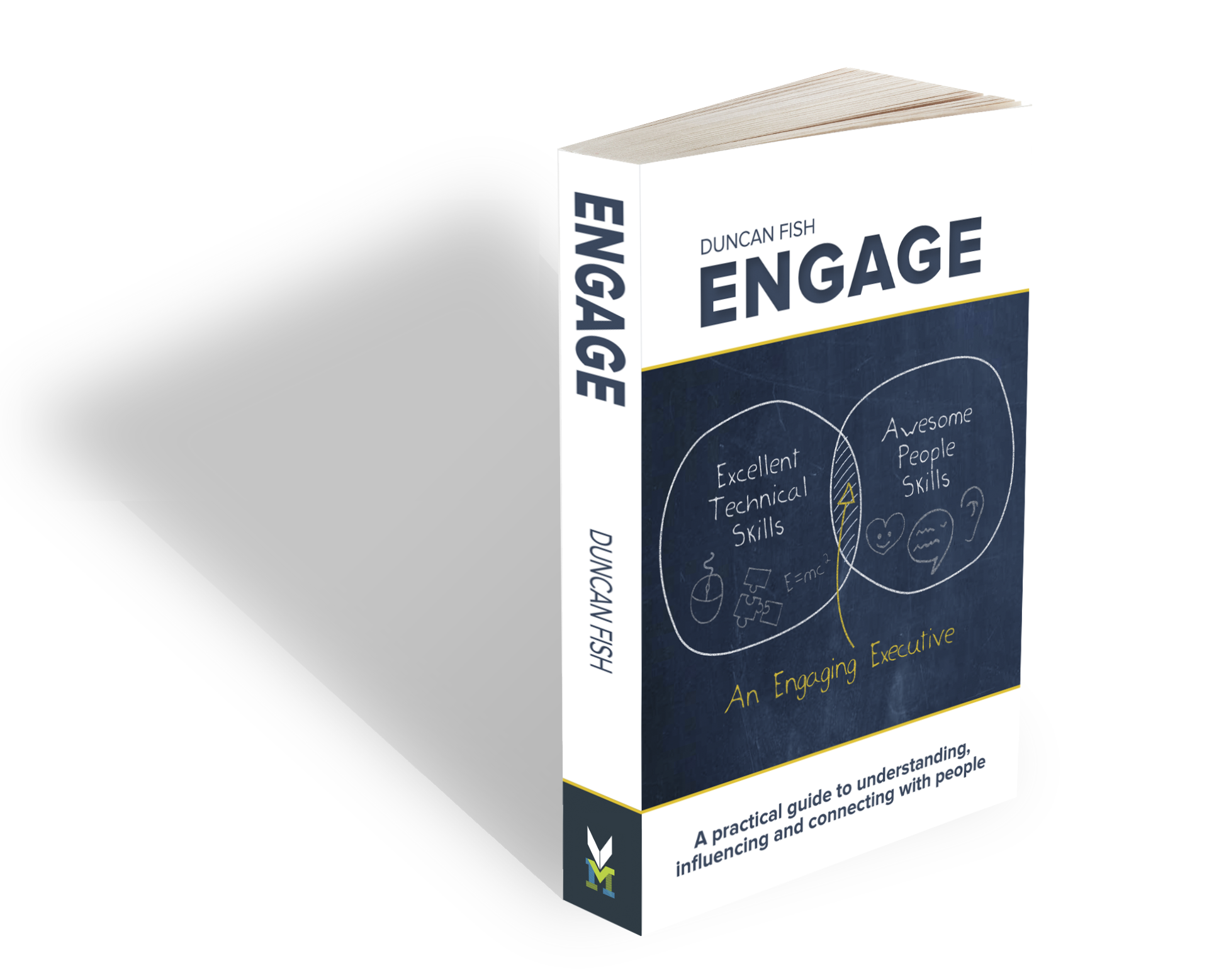How Empathy Can Enhance Your Career
Posted By Duncan Fish on November 4, 2019

Empathy plays a very large role in your career.
You might think, ‘Oh, empathy is for dealing with emotional people and emotions don’t belong in the workplace.’ However, we’re all human, with human emotions, and so those emotions will inevitably pop up in the office. If you can respond to them appropriately, though, then you’ll find that those emotions in the office can help your career.
With or without Empathy
People without empathy are often perceived as cold and self-absorbed.
Those who can display empathy toward their colleagues, though, inspire feelings of gratitude. The person with empathy is seen as a person who really “gets” people; they seem kind and selfless, a real team player.
Out of those two people, the one who can display empathy and the one who can’t, who do you think is more likely to win the respect of their peers? Which one do you think will have an easier time becoming a leader in their department?
Takeaways
If you ever want to learn how to best deal with people, influence them and lead them, then you have to develop empathy. It’s the only useful way to deal with negative emotions that others are feeling. Read here for an example from one of our success stories and see how empathy took part.
For more insights, check out the 6 Steps to Become an Engaging Executive, a totally free video series that shows you how to become a professional who commands respect and authority, while receiving the admiration of your colleagues.



